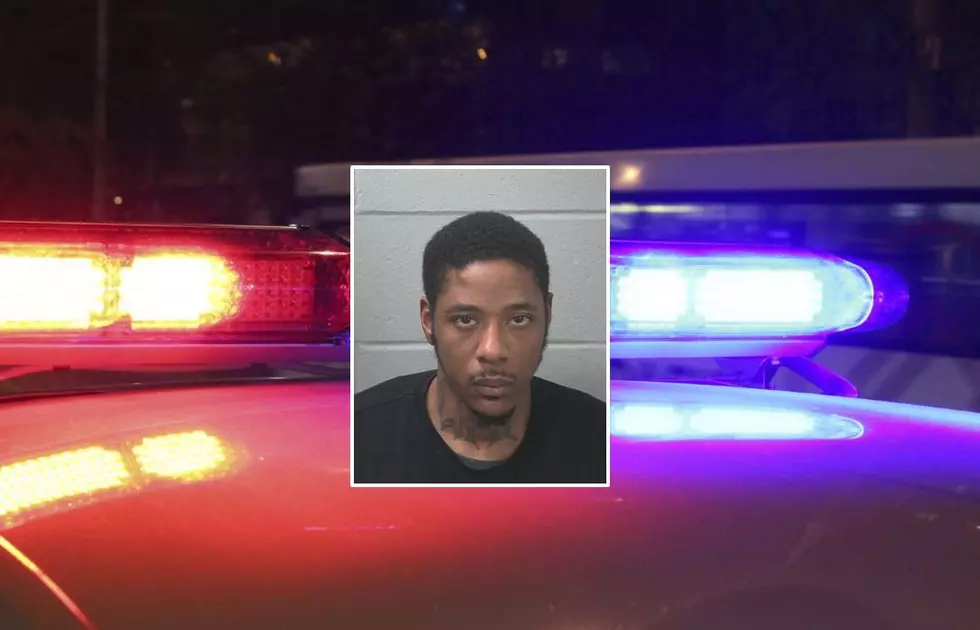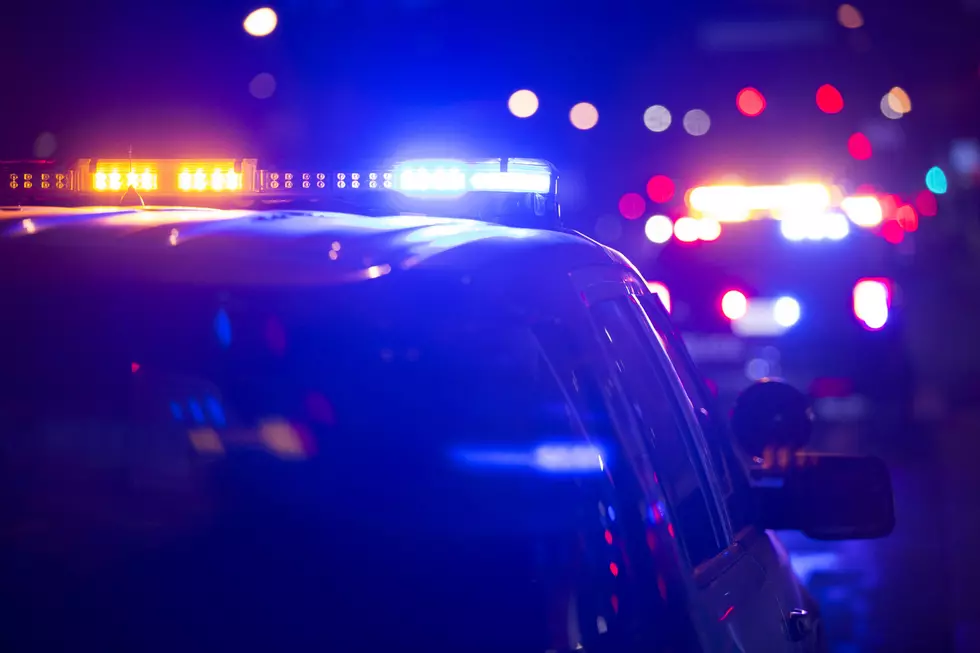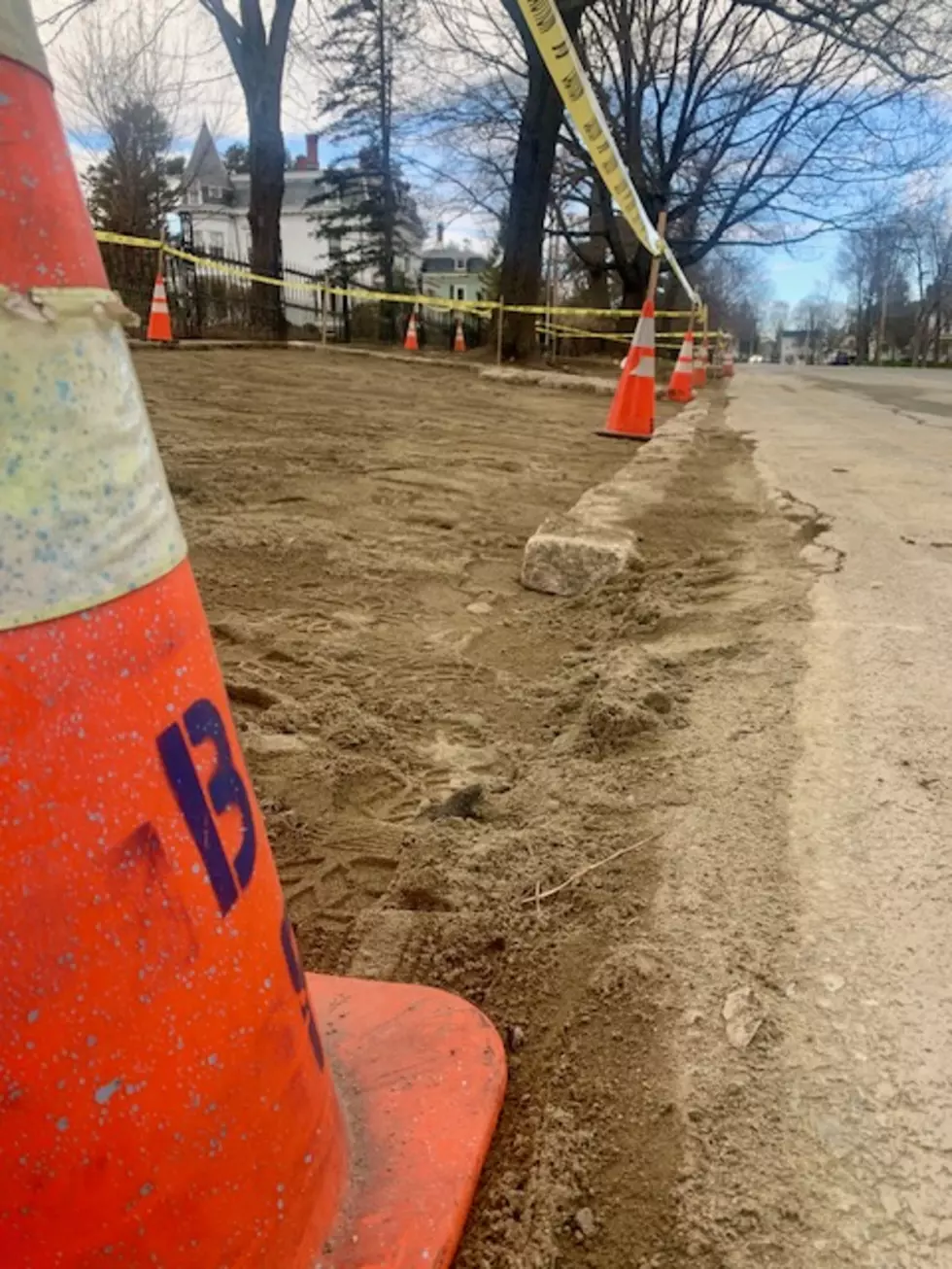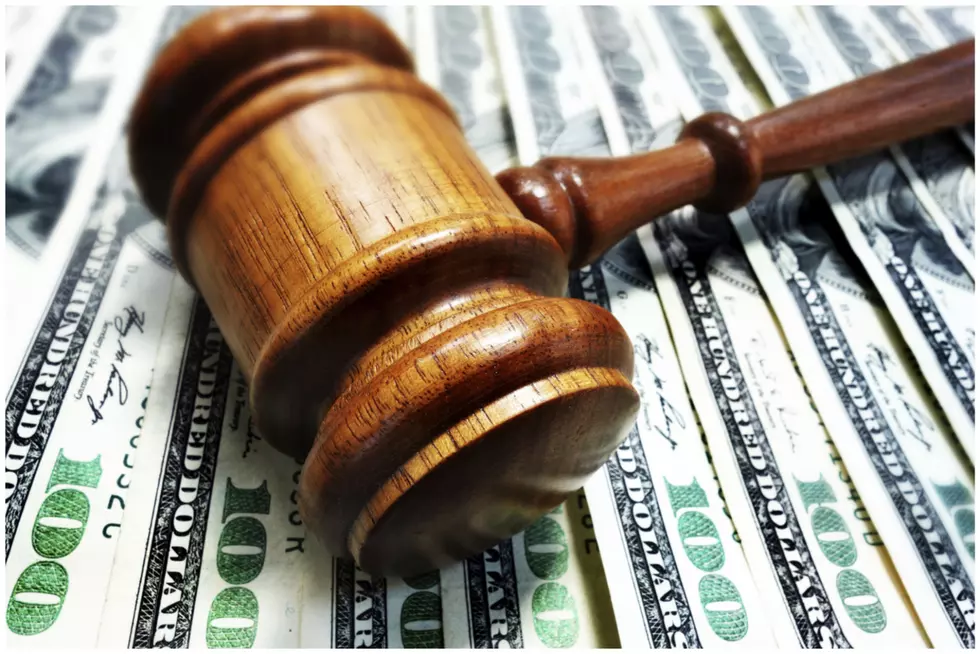
RCA Studio A to Undergo Retro Renovations
Nashville's historic RCA Studio A is set to get a $500,000 facelift that will turn back the hands of time to show what the space looked like in the 1960s.
According to the Tennessean, the portion of the Studio A building that houses its recording studios will remain unchanged, but the other half of the building, which includes offices, a co-working space and a smaller studio, will be renovated to recall the studio's heyday. During that time period, RCA Studio A was run by Chet Atkins and Owen Bradley and produced recordings from Dolly Parton, Willie Nelson, Charlie Pride and many more.
"What we're talking about is paying homage to the environment that Chet and Owen envisioned when they built this, and when they worked here," the RCA Studio A building's owner, Aubrey Preston, says. "This building has a history in Nashville that is second to none, and our goal is to not gut it, but give it a facelift that takes it back to what it was when Chet worked here."
Music City's Anderson Design Studio will lead the Studio A renovations, which will include a replica of the recognizable RCA Victor sign on the front of the building and a re-do of Atkins' original office.
"We're replacing the tile floors in the entrance on the front of the building with a late '60s terrazzo style floor," design director Katie Stix explains. "In the lobby, we're putting two womb chairs that will be the same RCA red ... We're also replacing furniture in Atkins' old office [which is currently Preston's office]."
Preston stepped in to save RCA Studio A from demolition in 2014, after developers purchased the property, with plans to tear down the building and replace it with condos. In 2016, Dave Cobb was named as the studio's caretaker and producer-in-residence, taking the reigns from Ben Folds, who ran the studio for 14 years and helped spearhead its salvation.
In addition to the renovations, Preston has hired a researcher, Brenda Colladay, to study the history of the iconic Studio A. That research will involve looking at timecards for session musicians and putting together a list of recordings that took place at the studio.
More From







